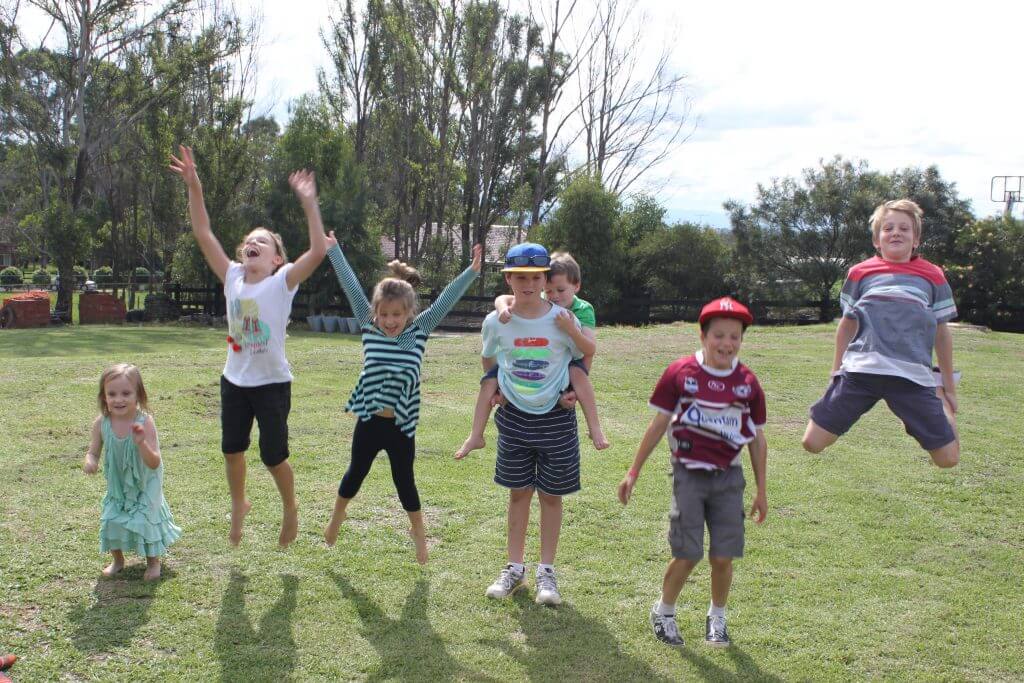- little or no babbling in infancy; few consonants
- as ‘dad’) may emerge on time, first words (such but the growth of vocabulary is slow or nonexistent
- slow, effortful, or halting speech; the child sometimes seems to struggle or ‘grope’ for words
- may be able to say a word, but is then unable to repeat it on command
- inconsistent productions – the child may say words differently from one day to the next and be able to use particular sounds in one word, but not in others
- vowel sounds are distorted or produced incorrectly
MAY IS APRAXIA AWARENESS MONTH!
Most people have never heard of Apraxia, let alone know much about it. The term that is used most frequently for children is Childhood Apraxia of Speech (CAS). Adults can also present with Apraxia or Dyspraxia, this can happen often after a stroke.
What is CAS???
CAS is a motor planning disorder. Simply put, children with CAS have great difficulty planning and producing movements using with their tongue, lips, jaw and palate. They have difficulties making precise movements for clear speech. This affects their sounds, syllables and words; making them seem muffled or unclear.
It is important to realise that there is nothing physically wrong with the muscles i.e. they are not weak nor have any sensation loss; and it is not an indication of low IQ or intelligence either. Often children with CAS are very bright!
Frequently, a child with CAS will know exactly what they want to say however they are unable to retrieve the correct motor plan (produce the correct sounds in words) to talk clearly. Studies in America estimate that approximately 10 children out of 1000 may have CAS. I feel as a therapist that I am seeing more children coming with into the clinic, with CAS these days, compared to 7 years ago.
What are the causes??
The causes of CAS are largely unknown. The main things known is that it is a neurological impairment, affecting the message being sent from the brain to the muscles. It can sometimes affect gross and fine motor co-ordination (e.g. sequencing how to swim backstroke or remember the step in a dance combo), or it can just affect the oral muscles.
Signs and symptoms??
There are a number of signs that point to CAS, however each child is unique. The main signs are:


